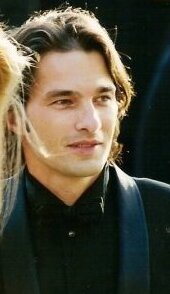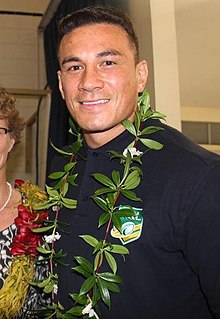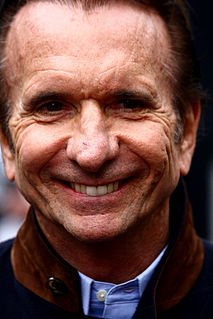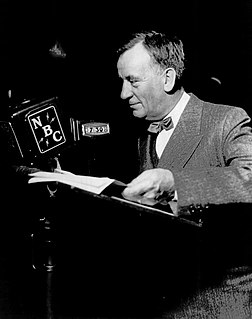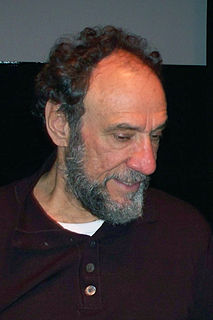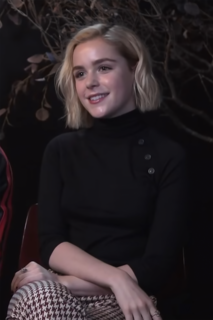A Quote by Olivier Martinez
I played a scene at the end of my first year, and that's how I was discovered.
Related Quotes
Any story has a beginning, middle, and end, of course, but the question is, where do you start it exactly? It's about a guy who is murdered in a fistfight, but how does it evolve and what does it mean? That's what I discovered scene by scene, and this innovation of coming in as a first-person narrator was a complete surprise to me. It just happened.
Action is hope. At the end of each day, when you've done your work, you lie there and think, Well, I'll be damned, I did this today. It doesn't matter how good it is, or how bad-you did it. At the end of the week you'll have a certain amount of accumulation. At the end of a year, you look back and say, I'll be damned, it's been a good year.
The career I chose was a drama major in college, at Yale, when I played a 90-year-old woman. One of my most celebrated roles. Then I played a really fat person. I played a lot of different things. That's how I thought I loved to wrangle my talent, my need to express myself. I like to do it that way.
The first scene I ever appeared in, it was the first scene I ever shot [during my] first day on set. I walk up to my mom with a plastic bag over my head and she says that her clothes better not be on the floor, not that a plastic bag is not a safety hazard or anything. I think it's a really cute scene and also just a very vivid memory.
